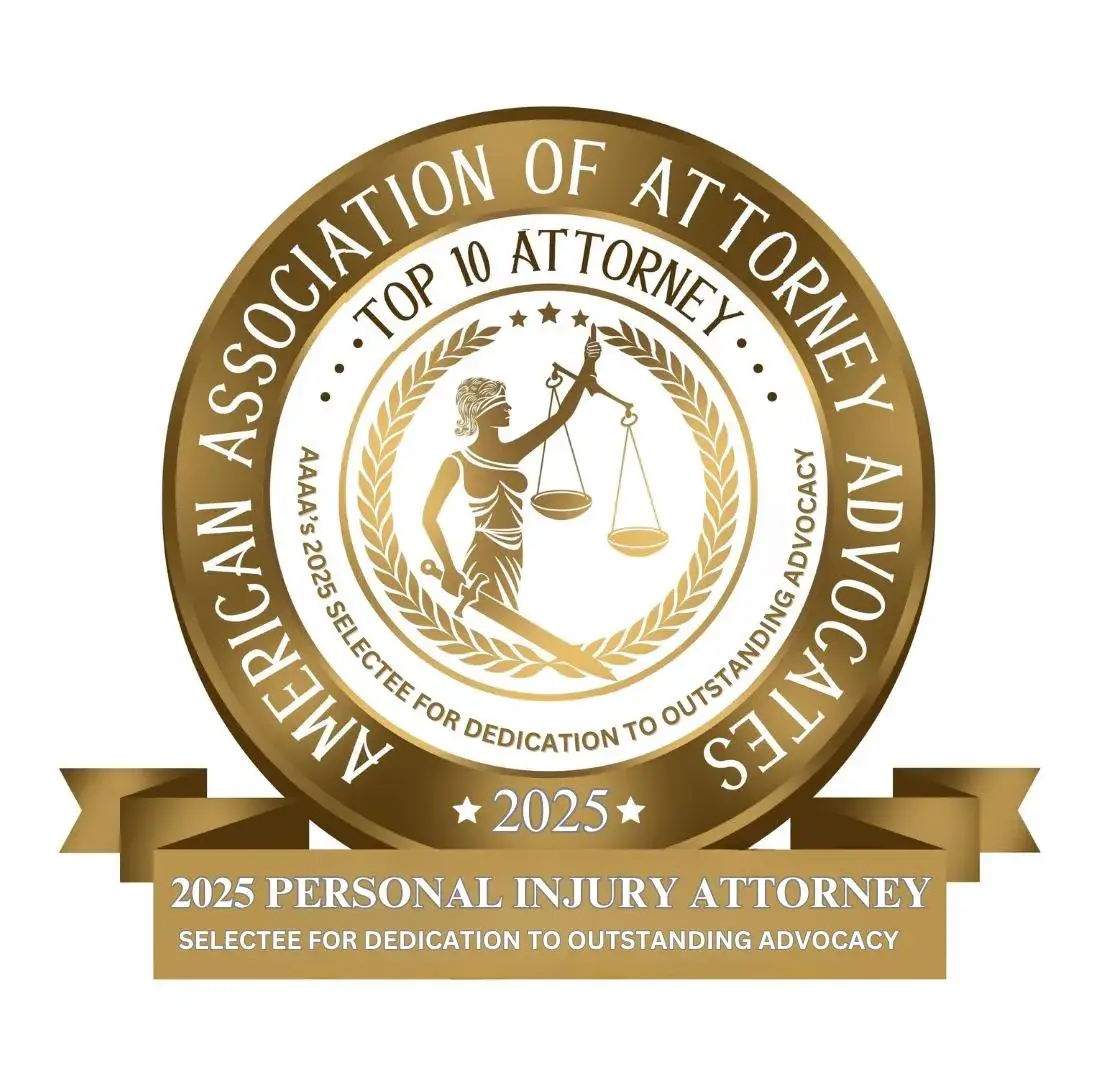Economic Recovery for Accidents and Injuries
What Is Economic Recovery?
Economic recovery refers to a wide array of damages that you may be entitled to if you suffered an injury or were harmed in an accident. Some of the damages that a person may be entitled to include disfigurement, future medical expenses, household services, loss of consortium, loss of enjoyment of life, lost wages, pain and suffering, permanent disability, and more. Here are some of these things explained further:
Disfigurement: In some cases, an accident may leave a person deformed or disfigured with scars or other permanent effects on personal appearance. Mental suffering could come from awareness of the disfigurement, therefore a person may be entitled to damages from such. This could fall under mental anguish.
Future Medical Expenses: The plaintiff will have to prove that he or she will need continued medical care as a result of their accident or injury. The jury must be able to make an approximate estimate of the cost through the medical opinion of a doctor as proof.
Loss of Consortium: Sometimes as the result of an accident, there is a deprivation of the benefits of married life. This can include affection, solace, comfort, companionship, assistance, and more. A value will be decided based on a consideration of the couple’s individual life expectancies, whether or not the marriage was stable, and the extent to which the benefits of married life have been lost.
Loss of Enjoyment of Life: After an accident, some people may experience a diminished ability to enjoy the day-to-day pleasures of life. There is really no precise way to place a monetary value on a loss of enjoyment. Some states will, however, see it as a form of pain and suffering.
Lost Earning Capacity: These damages may be recovered if the plaintiff proves that his or her ability to earn money in the future has been impaired or diminished. Factors to make a determination can include the plaintiff’s age, health, life expectancy, occupation, talents, skill, experience, and training.
Lost Wages: This includes the amount of money a plaintiff would have earned from the time of the injury up until the date of the settlement.
Medical Expenses: Bills and expenses referring to medical services include hospital stays, emergency room treatment, ambulance fees, and nursing services. The plaintiff must, however, prove that the expenses are related to medical conditions resulting from his or her injury.
Pain and Suffering: In this case, often a person is rewarded for past and future physical pain in connection with an accident or injury. The jury will consider the nature of the injury, the certainty of future pain, its severity, and how long the plaintiff is likely to be in pain from the injury.
Is it a Good Idea to Pursue an Injury Lawsuit?
In many cases, yes, and in other cases, no. Some are so small that they are not worth pursuing and others are so large that they are sure to be winners. An accident case will require a detailed understanding of personal injury law, which is a highly complex set of rules. You will want an experienced attorney with you throughout the process. Speak to your attorney at MDL today for a free consultation and review of your case!



















